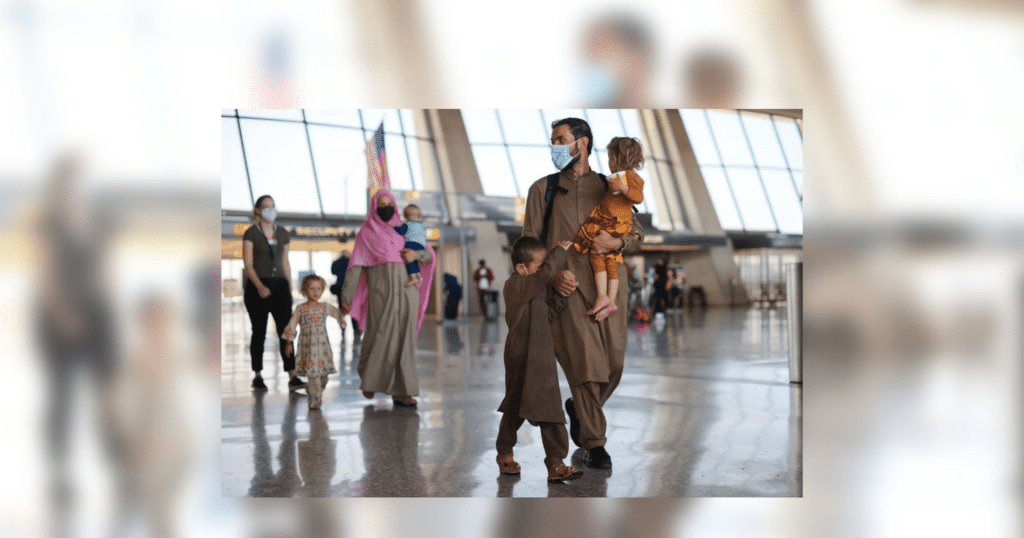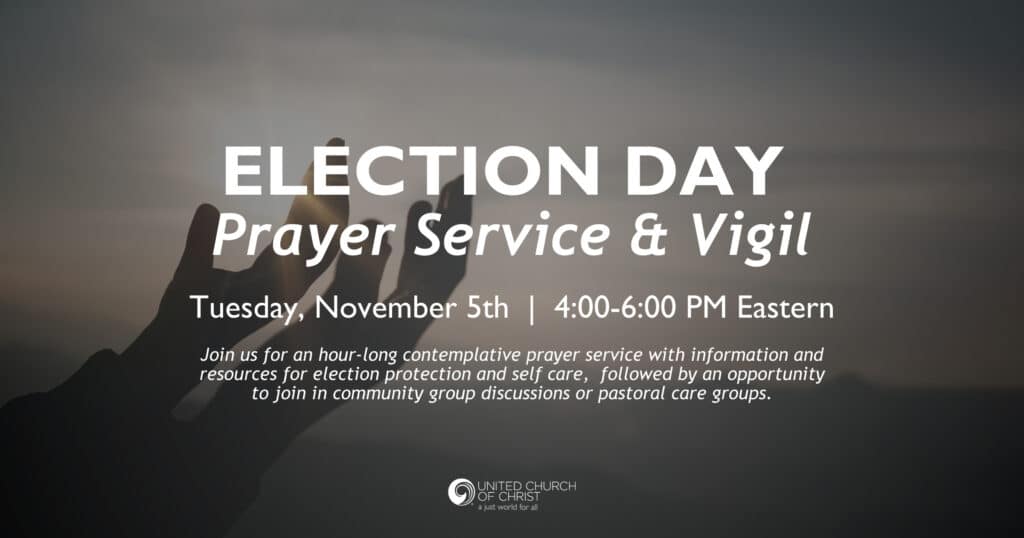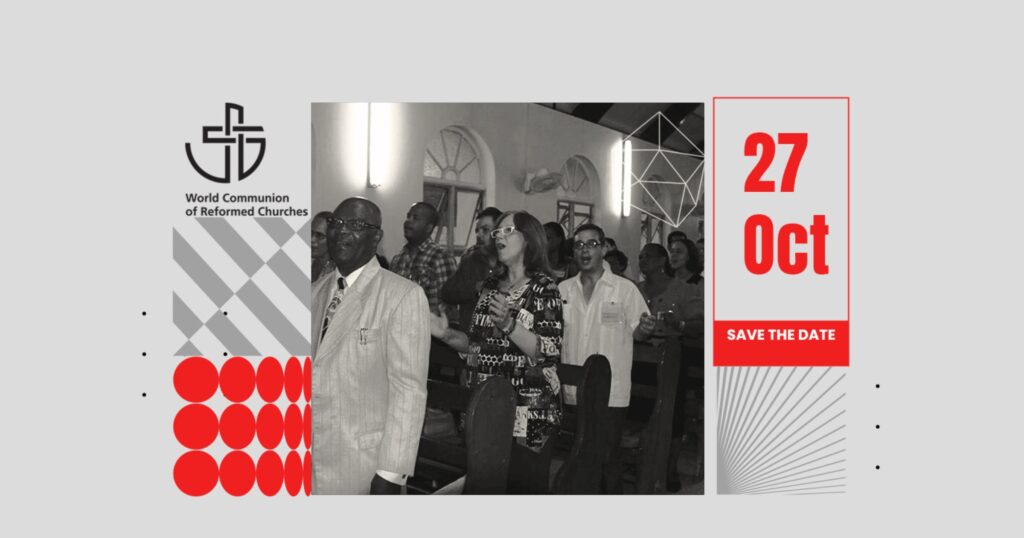UCC churches focus on supporting Afghan refugee resettlement into 2022
Scores of United Church of Christ congregations across the country are seeking ways to help Afghan people who fled their homeland after the country’s Taliban takeover in late summer.
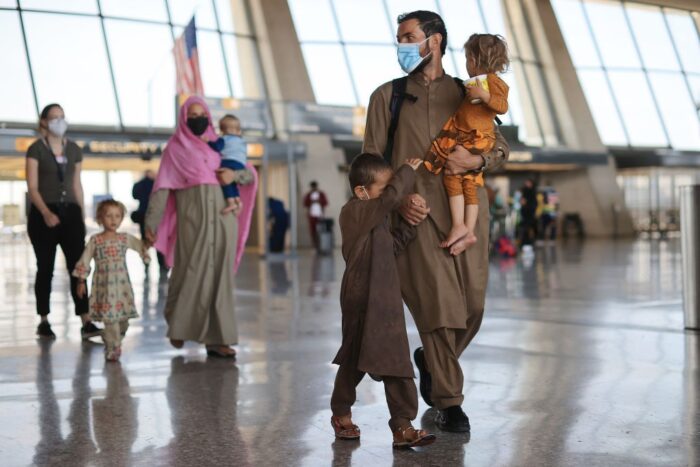
“Churches in Alaska, Hawaii, California, Washington, Oregon, Colorado, Arizona, New Mexico, Minnesota, Wisconsin, Georgia, North Carolina, Massachusetts, Connecticut, Pennsylvania, New York, Ohio, Illinois – basically everywhere – have formed discernment groups about ways they can form ministries to meet the needs of this crisis,” said the Rev. Irene Willis Hassan, minister for refugee and migration services.
Hassan joined the UCC Global H.O.P.E. team in August, just days before the Afghan government collapsed and the United States began to take in thousands of refugees evacuated from Kabul in the final days of America’s 20-year war in Afghanistan. She’s now involved in ongoing conversations with churches in the above states around Afghan resettlement and has recently scheduled a monthly check-in call that congregations and Conferences can join. “I’ve got about 150 churches that I’m in regular contact with about Afghan resettlement, and I estimate that’s only about half of the UCC churches that are actually working on this.”
She and the Global H.O.P.E team hope the interest “will turn into a long-term collaborative around migration ministries.” As part of its Refugee and Migration Ministries, the team has prepared a toolkit to help churches and members discern their particular call at this critical time.
Helping people ‘start over’
Initially, Afghan refugees were housed at eight military bases, including Fort Lee in Virginia, Fort McCoy in Wisconsin, Fort Bliss in Texas, and the Holloman Air Force Base in New Mexico. The Biden administration is working with nine national resettlement agencies to assist more than 73,000 people relocated to America.
In a few places, UCC churches have partnered with one of those nonprofit groups and are already supporting Afghan families.
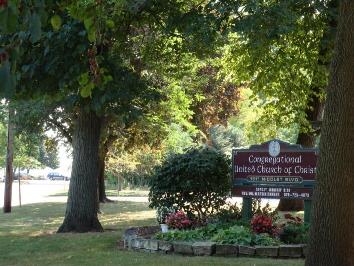
In Wisconsin, Congregational UCC of Neenah-Menasha is helping to welcome eight family members to the Fox Valley. The married couple with five children and a nephew arrived in early November. Wisconsin Conference Life reports the church created a Good Neighbor Team to work with World Relief, the government-designated resettlement agency for the area.
“It’s difficult to find words for how inspiring it is to be able to be part of an effort to help people who find themselves needing to completely start over,” said the church’s pastor, the Rev. Dave Frey. “My sense is they feel welcomed and safe and kind of off to the next part of life.”
Ecumenical effort
In the Southwest Conference, two churches are helping Afghan families get established in New Mexico and Arizona.
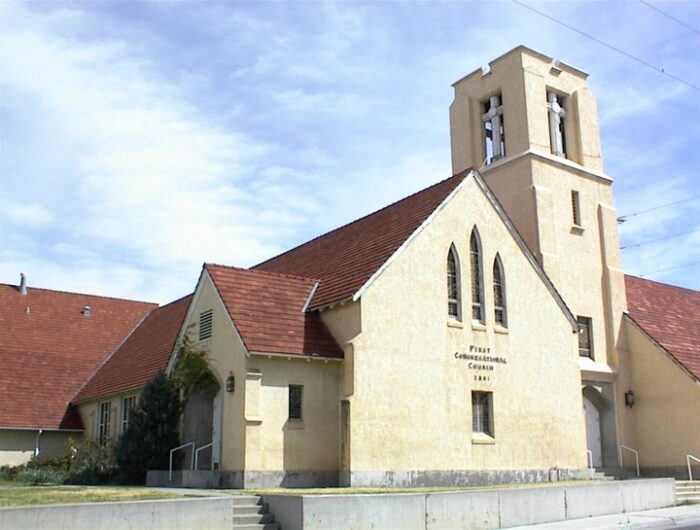
First Congregational UCC Albuquerque is responding through an existing framework it created with other local churches. ABQ FaithWorks Collaborative was formed in 2019 to serve vulnerable populations.
“ABQ FaithWorks began after an ecumenical group of churches dreamed of a way to respond to those on the margins,” said the Rev. Sue Joiner, pastor of First Congregational. “We all experienced people coming to our doors for assistance and each responded in some way, but all felt inadequate in our responses.”
The six congregations hired a full time social worker to help those who were housing insecure. A year later ABQ FaithWorks added Jessica Corley to work with asylum seekers. Now Executive Director, Corley is coordinating the effort of 12 member congregations. Through direct services and referrals, the agency has helped dozens of families with food, housing, employment, transportation, legal counsel, health needs, language classes and more.
That same type of system will support Afghan refugees. FaithWorks recently partnered with a regional Lutheran family services agency to receive some. Corley said there are now 30 Afghans in Albuquerque; 24 of them are in the FaithWorks program. “We are working with two very large families of 10 and 13 members as well as one individual male who is waiting for the rest of his family members to join him.” More will come in the weeks ahead.
Saying yes — again
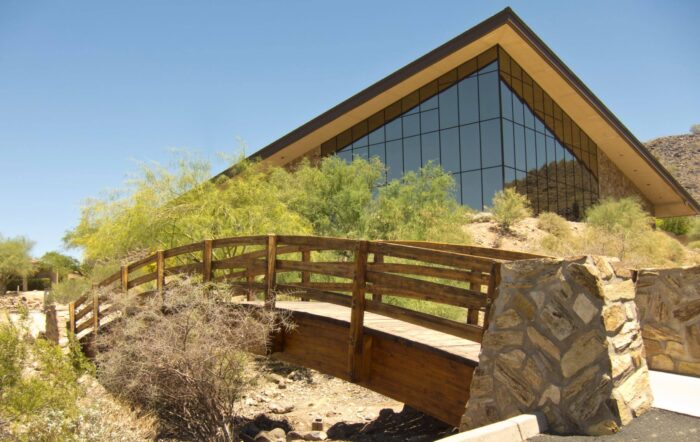
In Phoenix, the people of Shadow Rock UCC have long been involved in immigration justice. They have helped their neighbors through ICE raids, have offered sanctuary to undocumented people for almost a decade and are still walking with eight of those sanctuary families. The church also supports asylum seekers as they come into the U.S. along the southern border. Shadow Rock’s senior minister, the Rev. Ken Heintzelman, wasn’t sure his congregation could take on any more.
“But a week later this came to our doorstep,” he said. In September, Shadow Rock was asked, through a chain of personal contacts, if the church could take on an Afghan family of four that was especially vulnerable. One of the parents of two young children worked with the previous Afghan government at a high level and had to leave the country.
While the U.S. Department of Homeland Security reviewed their application for humanitarian parole and their travel visas, the church said yes.
In it ‘for the long run’
“First and foremost, we had to make a commitment to United States Custom and Immigration Services to provide financial support – $26,400 minimum. We estimate it will cost $56,000 for 12 months supporting this family,” Heintzelman said.
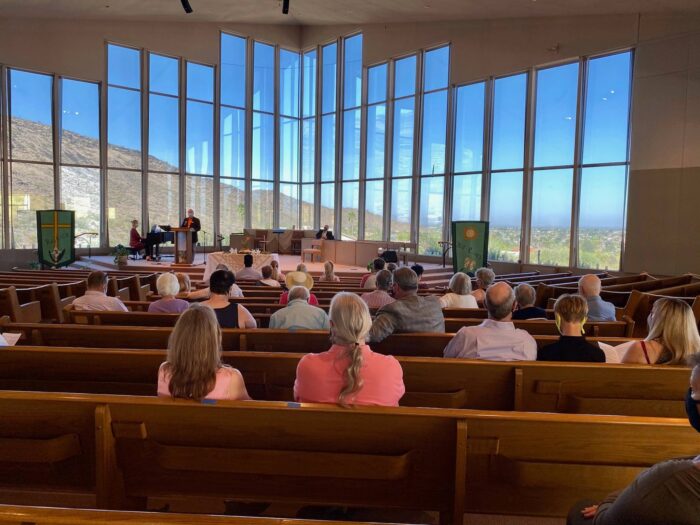
And while the Shadow Rock congregation is stepping up to help the adults get ID documents and bank accounts and signing on as volunteers to provide the family with transportation, the church has also connected with Lutheran Family Services.
“It’s a different dynamic,” Heintzelman said of sponsoring a family, “different than providing hospitality to asylum seekers just passing through. Resettlement agencies are organized for case management – it’s important to be adaptable and in partnership with groups that know what they are doing.
”Be ready to be in this for the long run. This is really a marathon.”
Help from the wider church
Both First Congregational and Shadow Rock have applied for assistance grants with UCC Global H.O.P.E. The Albuquerque church has been awarded $7,000 for the ministry. The Southwest Conference is also open to providing grants.
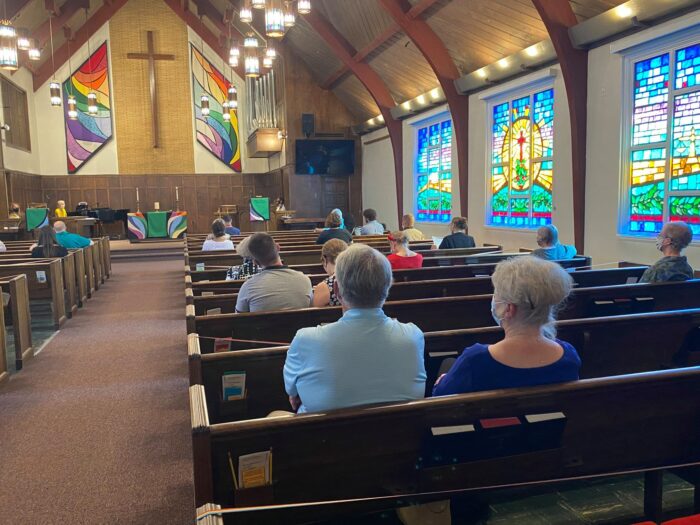
“The SWC is connecting congregations that cannot host families with ones that can,” said the Rev. William Lyons, Conference minister. “We are also supporting congregations in the UCC Global H.O.P.E. grant process and will be providing financial assistance from Conference designated funds. Organizations begun through the ministries of our churches, like FaithWorks, are eligible for SWC grants of up to $25K for operating needs.”
Joiner said she would recommend connecting with those kinds of resources – and working cooperatively with other local churches – to any congregation interested in aiding Afghan refugees.
“None of us can do this by ourselves,” she said. “… We didn’t know how involved it was going to be.”
Related News
UCC to offer Election Day Prayer Service and Vigil
On Election Day, Nov. 5, join the Rev. Karen Georgia A. Thompson together with United Church...
Read MoreGoing beyond the blessing: Churches emulate St. Francis’ care for animals
https://www.youtube.com/watch?v=lu3LYwhLxCo UCC News presents a video news story on the...
Read MoreUCC leaders invite all to global celebration of Reformation Sunday
This Reformation Sunday, leaders from the United Church of Christ will participate in a global...
Read More